Enquiries
A key cornerstone of history is historical enquiry. Quality history provision has historical enquiry at its heart. Through historical enquiry children can be shown how to ask questions, select and evaluate evidence and to make judgments about the past. It can also be a vital way of showing them that there is often more than one side to a story and that history is multi-perspective. Historical enquiry is all about asking questions or hypothesising about the past that we hope the evidence will help us to answer, but getting the enquiry question right is not always easy. In this section you will find resources and guidance that will help you to plan challenging enquiries for your children that will help them to develop as historians.
-

So was everyone an ancient Egyptian?
ArticleClick to view -

Using Horrible History to develop primary literacy and history
ArticleClick to view -

Teaching history and geography together in a meaningful way
ArticleClick to view -

Our Iron Age challenge
ArticleClick to view -
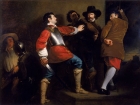
Resourcing primary history: How to avoid going for any old thing
ArticleClick to view -
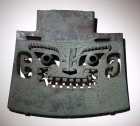
Searching for the Shang in Shropshire
ArticleClick to view -

Poverty in Britain: A development study for Key Stage 2
ArticleClick to view -
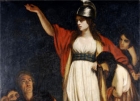
Developing enjoyable historical investigations
ArticleClick to view -

Using cemeteries as a local history resource
ArticleClick to view -

Ancient Sumer
ArticleClick to view -

From Home to the Front: World War I
ArticleClick to view -

Early Islamic civilisation
ArticleClick to view -

Viking and Anglo-Saxon struggle for the kingdom of England
ArticleClick to view -

Assessment and Progression without levels
ArticleClick to view -
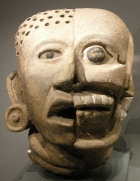
The Maya: a 4,000-year-old civilisation in the Americas
ArticleClick to view -
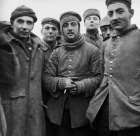
Ideas for Assemblies: Lest we forget
ArticleClick to view -
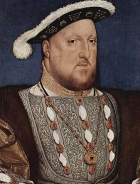
What do we mean by Big Picture History?
ArticleClick to view -
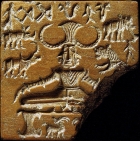
Investigating the Indus Valley (2600-1900 B.C.)
ArticleClick to view -
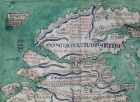
Britain's settlement by Anglo-Saxons and Scots
ArticleClick to view -

Using the back cover image: Sandbach Crosses - an Anglo-Saxon market cross
ArticleClick to view

